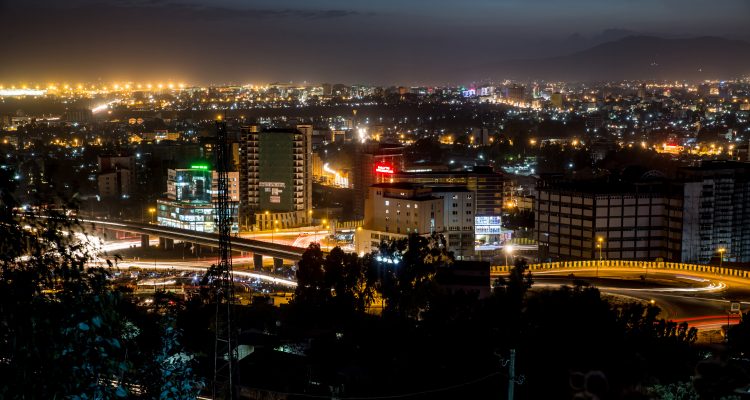South Africa is ranked among the top African economic powers (behind Nigeria). Its economy is a combination of an economy comparable to those of western industrialized countries and that of an emerging market. Member of several institutions including the G20 (of which it is the only African member), BRIC (Brazil, Russia, India, China; which becomes BRICS upon its arrival in December 2010). In addition, it is ranked 26th among industrialized countries. But in recent years, its economic situation has deteriorated more and more: unemployment skyrocketing, growing debt, devaluation of its currency (the South African Rand) …
South Africa’s strengths
South Africa has in its possession many economic advantages:
- A strategic position for international maritime trade: South Africa has fairly dynamic ports including: Cape Town, Durban, Richards Bay, Lossey Bay, Saldanha, Port Elizabeth, East London. Position making it a compulsory passage for international maritime trade.
- It represents about 30% of Africa’s GDP.
- The Johannesburg Stock Exchange is not only the most important stock exchange on the continent, but also makes up the 20 most important exchanges in the world.
- Natural resources in abundance: with its variable climate, South Africa benefits from diversified agriculture (cattle and sheep breeding, vegetables, fruits, cereals, etc.). In addition, South Africa is rich in mineral resources (coal, chromium, gold, diamond, vanadium, platinum, manganese, titanium, etc.).
- Development of the tertiary sector: in particular that of finance; contributing 10% to the country’s GDP in 2011. In addition, the South African financial sector
is a forerunner of banking regulation. On the other hand, South Africa has more than 70 banks.
Key sectors of the South African economy
# 1 South African industry
South Africa’s industry is large and diverse: minerals, automotive, aeronautics. Due to its very rich subsoil, the extraction of minerals constitutes the basis of its industry. This small ranking confirms the prominent place of mineral exploitation in the South African industry:
- 4th largest diamond producer
- 80% of the world’s manganese reserves
- 72% of the world’s chromium reserves
- 88% of the world’s reserves of platinum group metals
- 40% of the world’s gold reserves
- 27% of the world’s vanadium reserves
- 60% of the world’s coal reserves
South African aeronautics know-how is well established, both in the design and in the manufacture of products. In addition, international companies also contribute their skills in subcontracting.
South Africa has also made a name for itself in the automotive sector (accounting for 6.5% of national GDP). It is the world’s leading producer of catalytics and synthetic fuels. On the other hand, the world’s 25th largest producer of chemicals.
# 2 South African telephony
Of the 40 million South Africans who own a mobile phone, more than 4 million have internet access. Note that the telephone network is 99.9% digital, using the most modern technologies.
# 3 South African agriculture
Most of South Africa’s labor force is found in the agricultural sector. Sector occupying nearly 12% of the territory. South Africa not only manages to fill its population in terms of agricultural products, but it also exports food products. Note that it is ranked 6th in wine production.
# 4 South African finance
The World Economic Forum in one of its reports ranks South Africa 2nd in the world for the reliability of its private institutions and 3rd for the development of its financial markets.
The paradox of the South African economy …
The South African economy is referred to as a two-tier economy. This insofar as part of it is similar to that of industrialized countries and another in dire need of basic infrastructure. The other side of the coin presents South Africa where many efforts are being made to promote the presence of black South Africans (affirmative action policy or the reform of Black Economic Empowerment). This since 95% of the economy is managed by white South Africans. On the other hand, even these reforms in favor of black South Africans only benefit the black elite. Leaving behind nearly 15 million South Africans, to share just 4% of the country’s resources. Not to mention that among these 15 million, about 7 million South Africans find themselves in slums.
On the other hand, endemic unemployment is rife in South Africa, affecting nearly 40% of the working population. And about 50% of South Africa’s black population. Scourge generating others like extreme violence (nearly 21,000 murders annually).
The end of Apartheid was not complete in the sense that the South African economy, although exemplary for most African countries, is just a continuation of the South African economy during Apartheid. In that sense, this economy similar to that of industrialized countries is led for the most part by white South Africans. Thus leaving the majority black in an economy of emerging countries. So we can say that South Africa has 02 economies: one brilliant economy and one emerging.


Leave a Reply